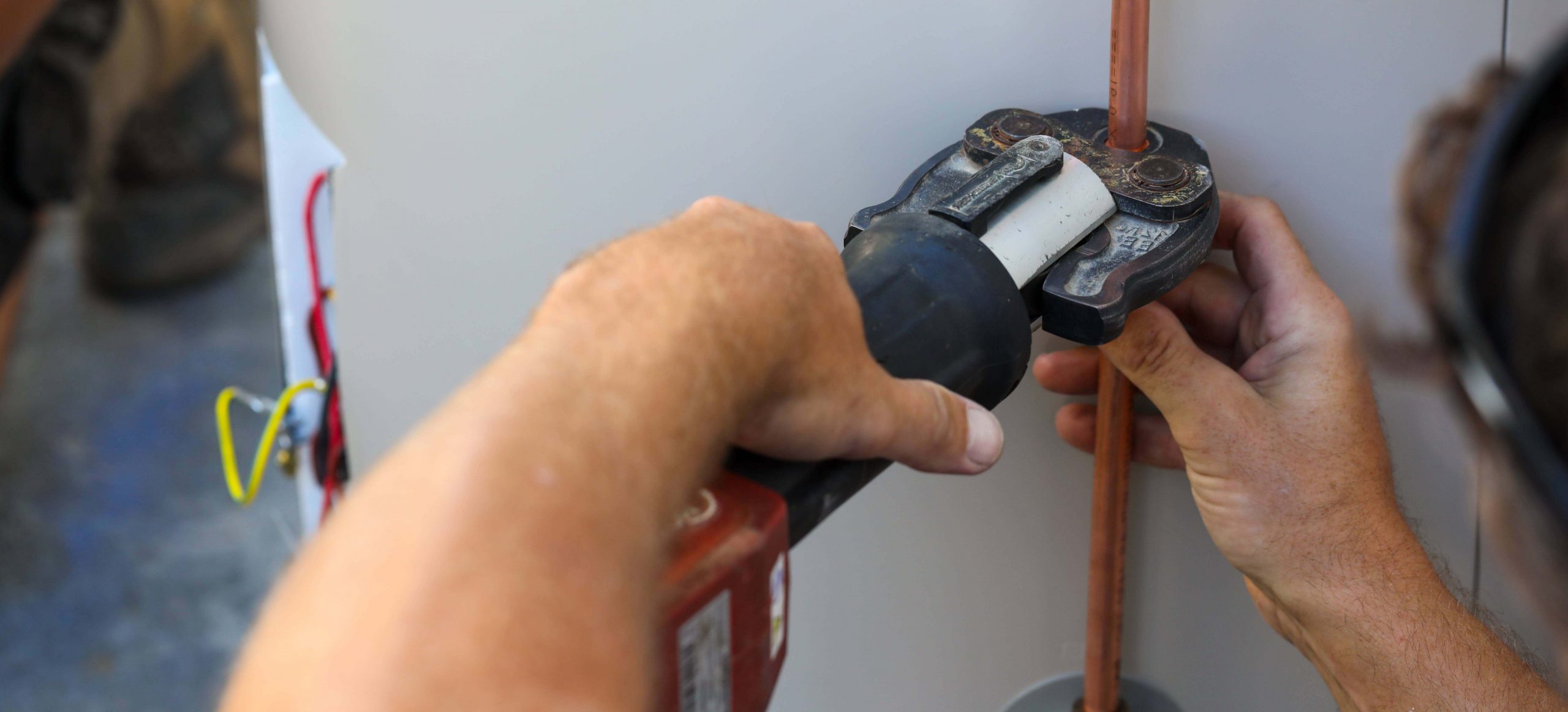Addressing the Everyday Heater Urgent Problems
Addressing the Everyday Heater Urgent Problems
Blog Article
We've unearthed this post pertaining to Common Hot Water Heater Problems listed below on the web and believe it made perfect sense to talk about it with you on this page.

A hot water heater is among the most crucial fundamental devices that can be located in a house. With hot water heater, you do not need to go through the tension of heating water by hand every time there is a requirement to wash, do the laundry, or the dishes. However, there is constantly a possibility that your hot water heater would act up just like many mechanical devices.
It is important to keep in mind any little breakdown and tackle it quickly before points leave hand. Many times, your water heater starts to malfunction when there is a build-up of debris as a result of constant usage. As a precaution, regular flushing of your water heater is recommended to prevent debris buildup and avoid practical failing.
Common water heater emergency situations as well as exactly how to deal with them
Insufficient warm water
It might be that the water heating unit can not support the warm water need for your home. You can update your water heating system to one with a larger capability.
Varying water temperature level.
Your water heater could start producing water of different temperatures generally ice scalding or cold hot. There could be a need to change either the thermostat or the home heating unit of your water heater.
Leaky hot water heater tank.
In this situation, you must turn off your water heater, permit it to cool down, and also very carefully look for the source of the trouble. At times, all you require to do is to tighten up a couple of screws or pipeline connections in situations of small leaks. If this doesn't function and the leak persists, you might need to employ the solutions of a service technician for an ideal substitute.
Blemished or smelly water
When this happens, you require to understand if the problem is from the water or the tank source. If there is no amusing scent when you run cold water, then you are particular that it is your water heating unit that is damaged. The odiferous water can be created by corrosion or the build-up of bacteria or debris in the water heating system container.
Conclusion
Some property owners overlook little warning and also minor faults in their water heater unit. This just results in further damage as well as a feasible total malfunction of your device. You must manage your water heater faults as soon as they come near stay clear of even more expenditures as well as unneeded emergency troubles.
With water heating units, you do not require to go through the stress and anxiety of heating water by hand every time there is a need to take a bath, do the laundry, or the recipes. It may be that the water heating system can't sustain the warm water need for your home. Your water heater might begin creating water of various temperature levels typically ice hot or chilly warm. If there is no amusing odor when you run cold water, after that you are particular that it is your water heater that is malfunctioning. The smelly water can be created by rust or the buildup of bacteria or debris in the water heating system storage tank.
Common Water Heater Issues and What You Should Do
What Type of Water Heater Do You Have?
Before we begin it’s first important that you identify the type of water heater you have on your property. There are two main types of water heaters out there: conventional and high efficiency.
Both of these types of products typically use either gas or electricity to heat power. There are also solar water heaters that use a thermal collector on the roof or yard to heat the water.
While these models are not as common, they can cut heating costs in half. In this article, we will focus on conventional and high efficiency.
How Do My Electric and Gas Water Heater Work?
Though they look similar, electric and gas water heaters work very differently. It’s important to know their basic function because often problems can be specific to the heating source.
In the electric model, a thermostat on the side of the machine detects the temperature of the water in the tank. When the temperature needs to rise electricity flows to a heating element suspended in the water.
Gas models also use a thermostat device — typically with a mercury sensor at the tip and an additional sensor called a thermocouple. The thermocouple detects whether the pilot light is on and controls the flow of gas.
When the thermostat drops below the appropriate level gas is released which becomes ignited by the pilot light. The flame heats the bottom of the water tank which causes hot water to rise and cold water to drop.
This natural circulation continues until the water reaches the desired temperature. Then, the thermostat triggers the gas control valve to shut off the flow of gas.
What Are the Most Common Issues and How Do You Fix Them?
https://happyhiller.com/blog/common-water-heater-issues-and-what-you-should-do/

I am very fascinated with Warning Signs You Need Water Heater Repairs and I am assuming you enjoyed the blog posting. Do you know about another person who is interested in the niche? Feel free to share it. Thank you so much for taking the time to read it.
Quality and quick, dial! Report this page